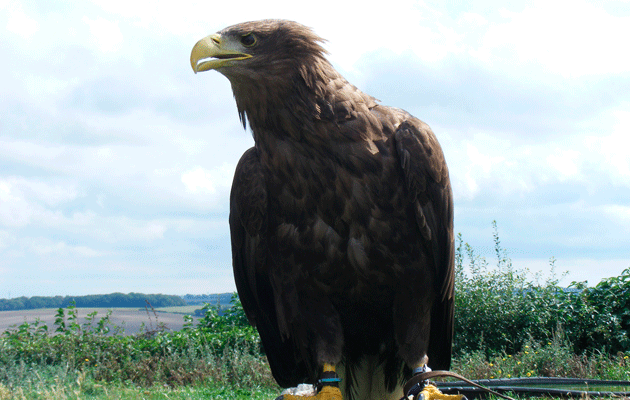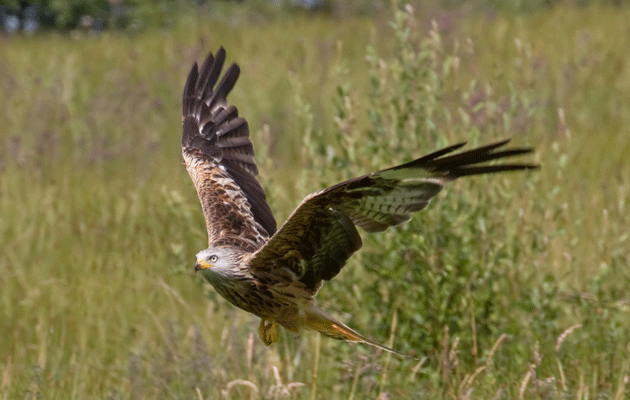Sharpshooter

Badger gang wrecks gardens? was recently the headline of a story in The Daily Telegraph. It was all about a band of badgers behaving badly. When the giant weasels munch the chicks of scarce ground-nesting birds, that?s part of nature, we are told. But when they have the temerity to rotavate an Englishman?s lawn? well, that?s really serious.
The people of New Addington, South London, have had enough of being badgered by low-slung vandals, according to the report. But their pleas to the local council for help have been rebuffed. A spokesperson for Croydon Council reportedly said: ?As badgers are an endangered species the council cannot take action to disturb their habitats. They are not considered to be a pest and as such do not fall under our pest-control services.?
Now, you and I know that badgers are not at all ?endangered?. Nor are they officially classified as such. They are not even ?threatened?. They are exceedingly common. There are perhaps 400,000 of the stripy critters ? maybe more. Certainly, there are more badgers than foxes. And badger numbers, having exploded since the 1980s, are still rising. Nobody knows how this impacts on other wildlife, but researchers are beginning to record that in localities where there are high densities of badgers, there are very few hedgehogs. Go figure, as the Americans say.
So, does Croydon Council really believe badgers are ?an endangered species?? Or was this a slip of the tongue? Members of the public have got into the way of thinking that a ?protected? species (such as the badger, which has its very own act of Parliament) is, by definition, an ?endangered? species. So you could, perhaps, forgive Croydon Council for its howler.
Out-of-date laws
This confusion illustrates the point that, for it to have any credibility and utility, legislation has to make sense. To do that, it has to keep up with the times. Perhaps there once was a case for imposing blanket protection of badgers ? just as there was for many birds of prey, whose numbers had become dangerously low. But those times are past, and the law should keep up with the facts. If it can?t, then it should be reviewed ? and that?s exactly what the Law Commission is going to do with regard to our wildlife legislation.
Some external commentators, looking at things with new eyes, may ask why the red-listed grey partridge is still a quarry species. They may need to be shown the evidence that grey partridges do best where there is a sporting interest to help fund their habitat and predator control.
But the same reviewers may wonder why the badger deserves such strict protection. And then we come to the vexed question of birds of prey. As many of you know, virtually all UK raptor populations are currently at or near their highest levels since proper records began. Not one is officially
classifi ed as endangered (except by Croydon Council, presumably).
Of course some raptors, such as golden eagles, are only present in very small numbers. These magnifi cent birds require enormous territories. Our population is stable, and though we are exporting surplus eagle chicks to repopulate Ireland, I don?t think anyone would seriously suggest that the current level of protection for this species should be relaxed.
But what about buzzards? In an official answer to a question in the House of Commons last December, a DEFRA minister revealed that the most recent buzzard population estimate (2009) shows they have now surged to between an astonishing 72,529 and 90,661 breeding pairs. Buzzards don?t breed until they are three years old. And they tend to fledge at least two young. So, even accounting for the fact that young buzzards, like most wild birds, suffer heavy first-year natural mortality, there could well be half a million individual buzzards flying around in late summer.
Are buzzards the badgers of the skies?
Have your say: if you have a view on a current news topic, send it, in no more than 500 words, to [email protected].
What is YOUR opinion?
Join other ST readers in our forums to discuss your views.
Like this article? Mark this page on a social bookmarking website…
![]()
What are social bookmarking sites?








